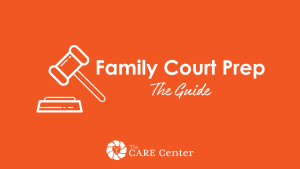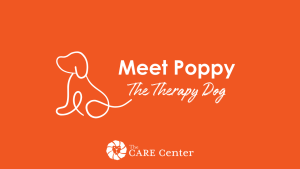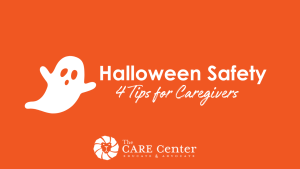Self-care is not selfish—it’s how we keep ourselves well to ensure we are physically, emotionally, and mentally capable of being there for young children and their caregivers.
Taking care of children can be taxing during typical times, but when stress is high, such as during COVID-19, adult self-care is especially critical for children’s well-being.
Many people remember that a flight attendant says to put on your own oxygen mask before helping others. This is also true for anyone caring for children and families. Your health and well-being is important so that you can nurture the child in your care, and help their parents to provide nurturing as well in a tough situation.
First, check in with how you are feeling:
- Take the time to notice your feelings and pause and reflect before responding to sources of stress.
- Place one hand on your belly and one on your chest.
- Take a deep breath into your belly and feel your hand rise.
- Exhale slowly and gently through your nose.
- Repeat as many times as you like.
Breathing:
- There are many different breathing techniques that can be found online. Some favorites are breathing in for 3, holding for 3, and breathing out for 5.
- Print out a large picture of a five-pointed star, slowly trace the star with your finger, using each line to indicate an inhale or an exhale
Self-care activities are different for everyone, but it’s important to identify some things that make you feel happy, relaxed, peaceful, or rejuvenated, and are realistic to use.
Although we are currently practicing social distancing, quarantining, or you may have a busy work schedule in the hospital, there are some creative ways to practice self-care.
First, think about ways to adapt activities that used to be helpful to you. For example, if you liked going to the gym, is it possible to do a home workout while video chatting with a friend, or going for a walk/run/hike outside?
Self-care activities that may be particularly helpful include:
- Get outdoors when at all possible. Sometimes it’s easy to get into the mindset that it’s only worthwhile if we can go out for 30 minutes or an hour, but even 5 minutes can do the trick. Walk, run, hike, or bike.
- Exercise at home. For example, the yoga website Down Dog can be accessed for free by healthcare professionals through July 1, 2020. Videos include yoga for beginners or more advanced practitioners, as well as other types of workouts. There are many other videos and apps that may be great resources.
- Connect with friends and family virtually. This could include short or long chats, or even having dinner remotely together, or playing a game.
- Think “fulfilling” rather than “draining”. Instead of swiping through social media or the news which can cause increased tension, read a relaxing book, do a craft or puzzle, watch a funny TV show or cook/bake.
- Do something relaxing such as taking a hot bath, gentle yoga, or taking 5 minutes to focus on a tree outside and notice the leaves in the wind.
If you have very little time, even 5 minutes of breathing can make a huge difference for your day. Importantly, this will also make a difference for the children, adults, and colleagues in your life.
There are many mindfulness exercises available online or in apps. For example, Headspace is a meditation based app with various practices to reduce stress and increase mindfulness. Some of these apps are available for free to health care providers during COVID-19.
There are also previous continuing education programs dealing with mindfulness, that you may choose to access.
Information in this article is provided courtesy of Lindsay Huffhines, PhD and the Doris Duke Charitable Foundation.

